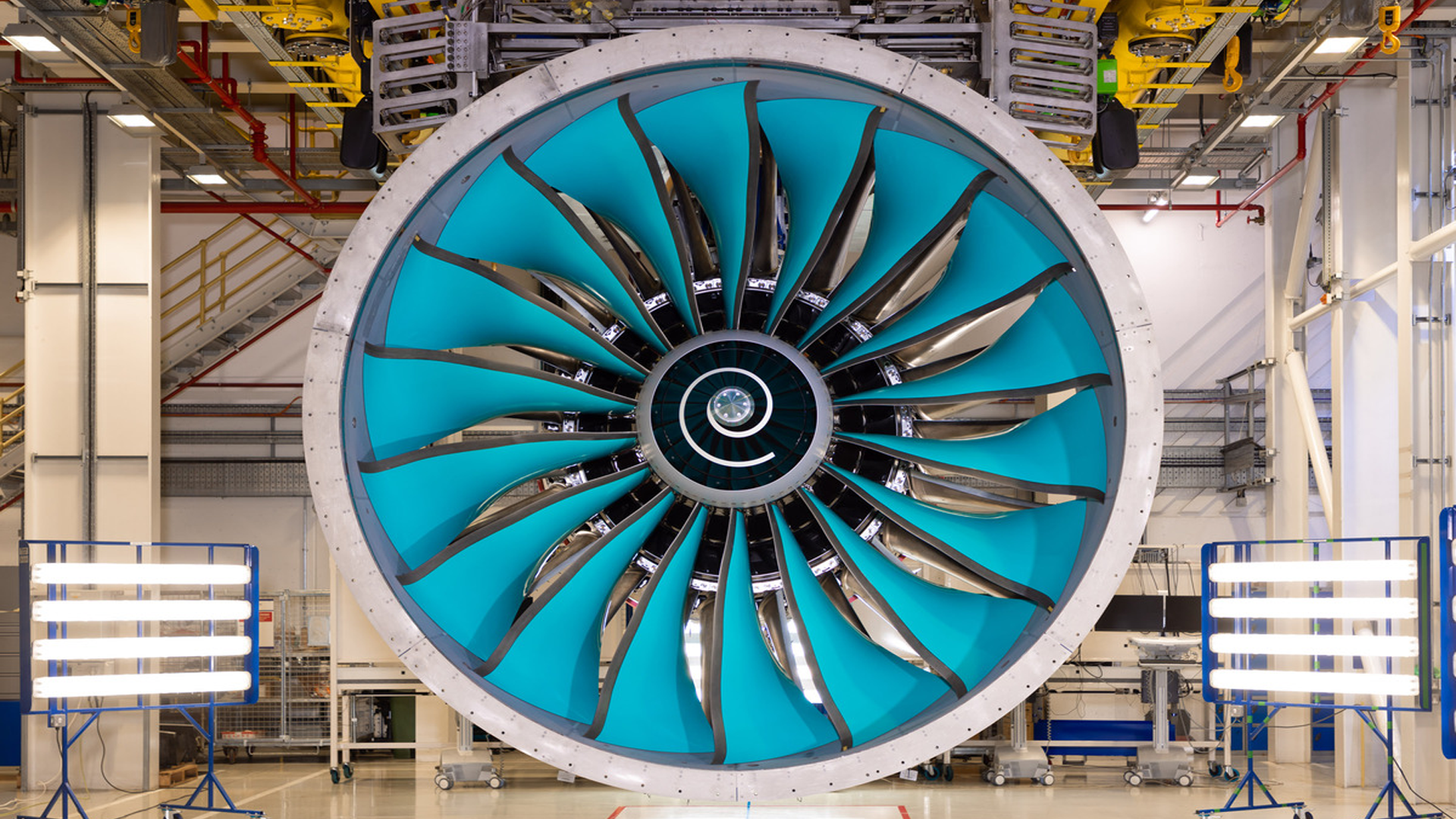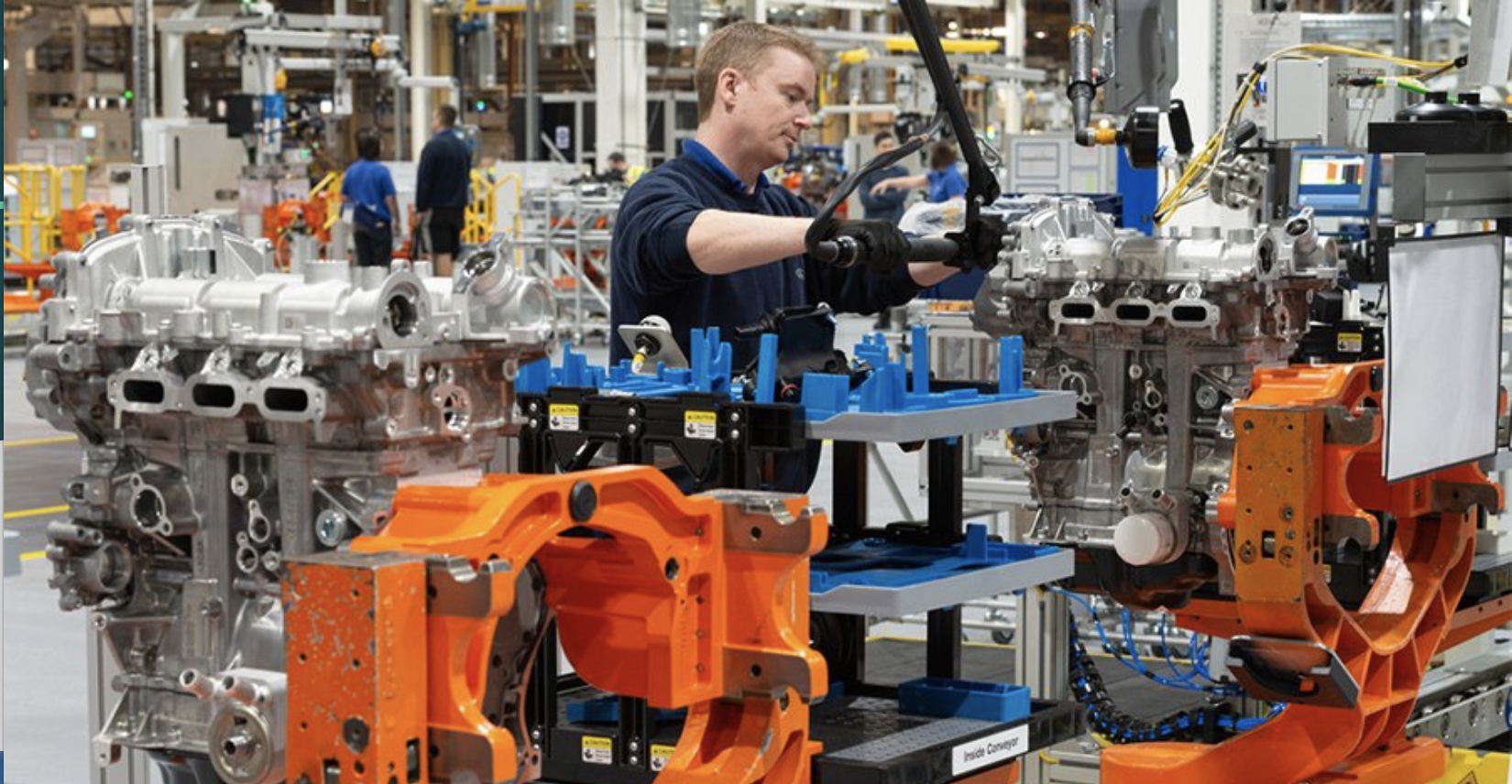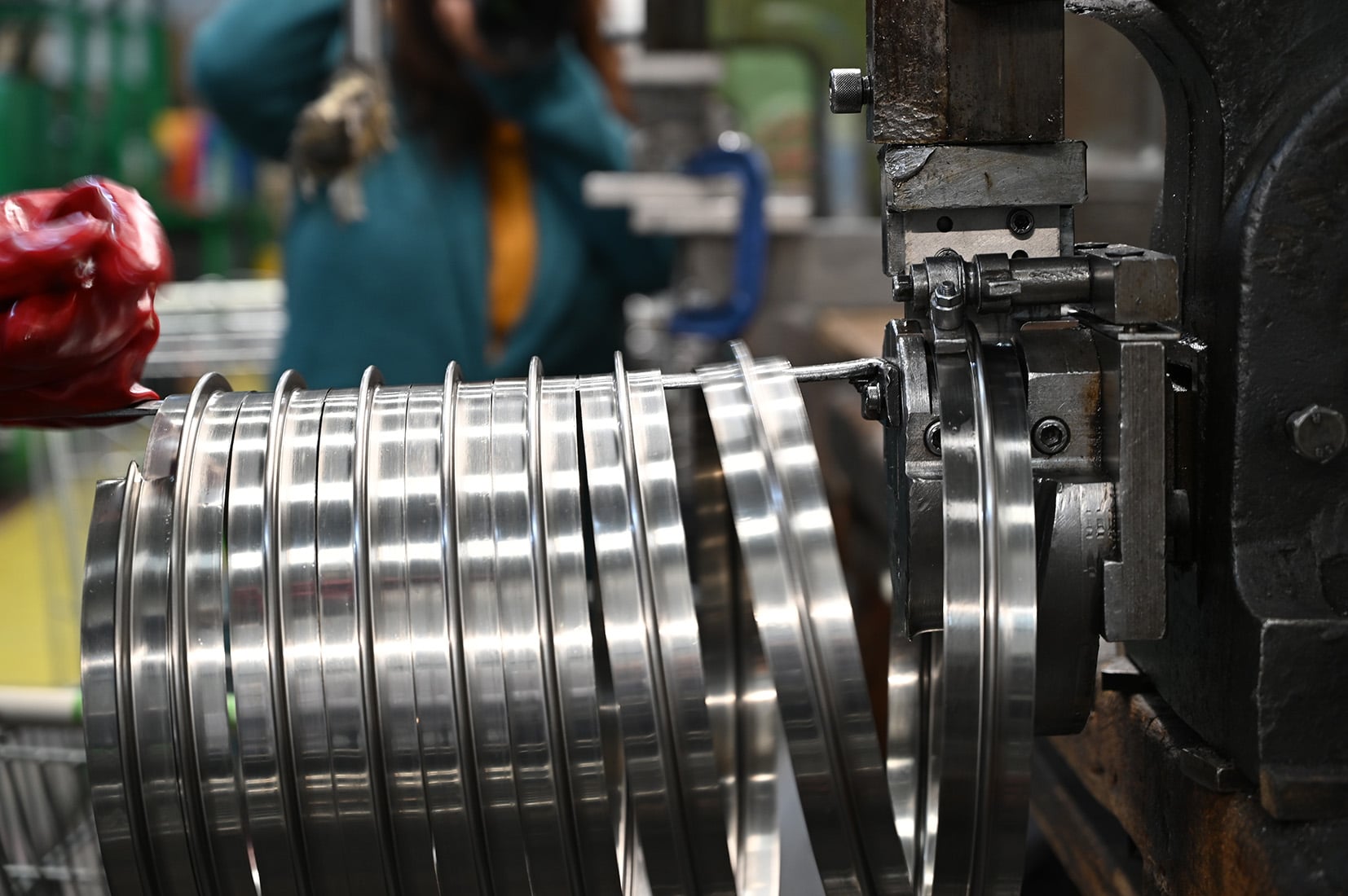
Ford has announced that diesel engines for a new generation of its Transit van will be built at its factory in Dagenham. The company says the move will help to safeguard jobs at the site, which currently employs 1,900 people.
“This is great news for the entire Ford Dagenham Engine Plant team and reinforces the strong relationship between diesel engine production at Dagenham and Transit vehicle production at Ford Otosan in Turkey,” said Martin Everitt, plant manager, Ford Dagenham.
The next generation Ford Transit Custom range will be built by Ford Otosan – Ford’s joint venture in Turkey – in Kocaeli, Turkey, from early 2023. The next generation Volkswagen 1-tonne commercial vehicle also will be built in Kocaeli as part of the Ford-Volkswagen Alliance.
Today’s announcement with its anticipated incremental engine volumes helps to safeguard jobs at Dagenham Engine Plant. By 2025, it is expected that up to 60 percent of the plant’s entire diesel engine volume will be destined just for the 1-tonne commercial vehicles being built by Ford Otosan.
As Europe’s No.1 commercial vehicle brand, Ford’s Dagenham engine manufacturing facility today exports much of its diesel engine production to Ford Otosan where the engines are fitted into Ford Transit vehicles, around 30 percent of which are then exported from Turkey to the UK.
In total, Ford and Ford Otosan business constitutes more than 10 percent of the total trade volume between the UK and Turkey, and so the trade agreement reached between Turkey and the UK at the end of 2020 was extremely significant for Ford and Ford Otosan and helped to secure jobs in both countries.
“Today’s announcement is great news for Ford and its 7,500 workers across the United Kingdom. Our trade deal with Turkey has helped to secure jobs by protecting supply chains for our great automotive manufacturers like Ford and has provided businesses with the confidence to keep investing in Britain,” said Ranil Jayawardena, International Trade Minister, Department of International Trade. “Trade has the power to create jobs, boost wages and bring economic growth to every corner of our country as we build back better from Covid-19.”
While Ford expects around two-thirds of its commercial vehicle sales in Europe to be all-electric or plug-in hybrid by 2030, diesel will continue play an important role in commercial vehicle applications in the years ahead – especially as total volumes of Ford Transit and Transit Custom range sales continue to grow.
Ford Motor Company is a global company based in Dearborn, Michigan. The company designs, manufactures, markets and services a full line of Ford trucks, utility vehicles, and cars – increasingly including electrified versions – and Lincoln luxury vehicles; provides financial services through Ford Motor Credit Company; and is pursuing leadership positions in electrification; mobility solutions, including self-driving services; and connected vehicle services. Ford employs approximately 186,000 people worldwide.
The U.K. is Ford’s third-largest global market and accounts for around 30 percent of total Ford vehicle sales in Europe. Ford’s manufacturing operations are a UK export success story with around 85 percent of engines and all transmissions exported to more than 15 countries on six continents. The value of these exports, including machined engine components, is around £2.5 billion annually.











